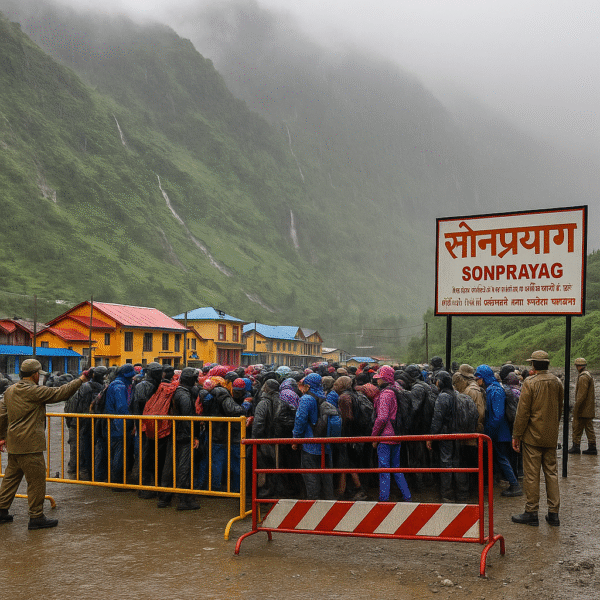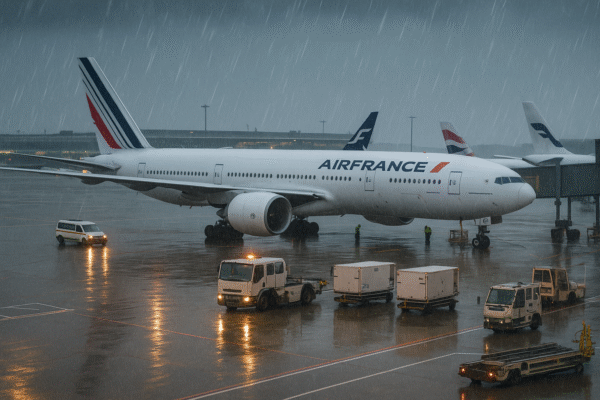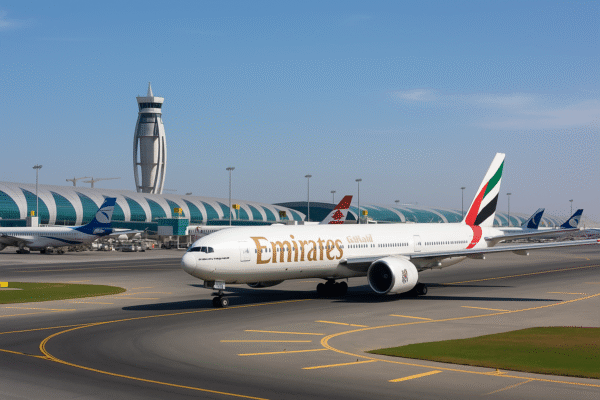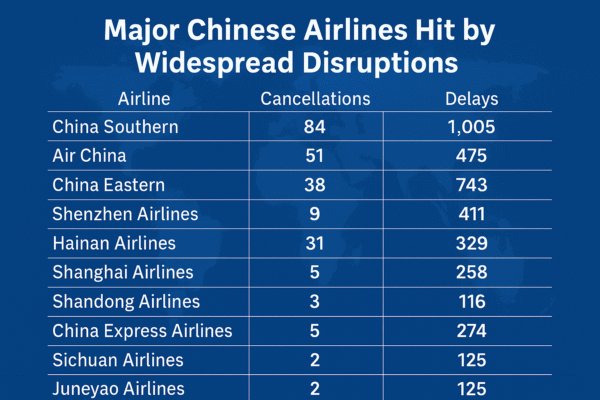Aberdeen is set to become Scotland’s most ambitious city for tourism funding—introducing a 7 % visitor levy on overnight stays beginning April 1, 2027. This strategic move aims to reinforce Aberdeen’s tourism infrastructure while delivering substantial economic benefits.
What Is the New Visitor Levy?
The visitor levy will add 7 % to accommodation bills across a spectrum of overnight options—from hotels and B&Bs to hostels, guest houses, self-catering rentals, campsite pitches, and caravan parks. On average, a £70-per-night stay would incur an extra £4.90. Projections suggest the levy could raise up to £6.8 million annually. Aberdeen City Council has approved this measure through its Finance and Resources Committee.
Exemptions and Flexibility
Certain groups will be exempt from the charge:
- Individuals in motorhomes
- Visitors receiving disability benefits
- Cruise ship passengers
The council also retains the flexibility to adjust rates for major events like festivals or conferences to further promote tourism.
Purpose and Anticipated Impact
Funds will be reinvested directly into tourism and cultural infrastructure. Initiatives include:
- A Convention Bureau‑managed fund to attract business events and conferences
- Enhanced support for TECA (the region’s flagship business tourism venue)
- Subvention funds for large-scale events—arts, sports, festivals
- Creative grants via a Cultural Foundations Fund for artists and production companies
This is viewed as a means to modernize the city’s tourism offerings and elevate its status on the global stage. As Councillor Alex McLellan notes: “The income generated from the visitor levy… will provide a huge boost to our local economy and allow us to invest in bringing major events and conferences here on a more regular basis.”
Context: How Aberdeen Compares in Scotland
Aberdeen’s 7 % rate surpasses those poised for Edinburgh (5 %), set for July 2026, and Glasgow (5 %), due January 2027. As part of broader visitor levy legislation enacted in September 2024, several Scottish councils now have the power to introduce such charges.
Local Tourism: Why Now?
In 2024, Aberdeen welcomed around 2.2 million overnight visits, contributing over £500 million to its economy. With tourism growing—both for leisure and business—the levy offers a forward-thinking solution to sustainably fund enhancements that benefit both visitors and residents.
Regional Implications
Aberdeen’s move may influence other areas. While the Highlands and Western Isles have paused similar plans—citing concerns over tourism strain—others are watching closely. Aberdeen may well become the template for balancing visitor funding with preserving tourism appeal.
Debate: Benefits vs Risks
Advantages:
- Generates steady funding for tourism infrastructure
- Reduces reliance on local taxpayer funding
- Enhances Aberdeen’s ability to host large-scale events
- Supports cultural and creative sectors
Concerns:
- Higher costs might deter cost-sensitive travellers
- Small hospitality businesses fear reduced demand
- Implementation and administration may require extra resources
Stakeholder voices are split: While VisitAberdeenshire’s Chair, Stephen Gow, supports the levy as “a well‑managed scheme… [that] will drive continued growth of Aberdeen’s visitor economy,” others, like the Federation of Small Businesses, urge caution given potential repercussions on visitor numbers.
Leadership Through Innovation
Aberdeen’s decision reflects a shift—positioning tourism as a proactive economic pillar rather than a passive byproduct of business or spillover demand. By reinvesting visitor contributions into amenities, culture, and events, Aberdeen signals confidence in its appeal and strategic direction.
As Scotland’s tourism landscape evolves, Aberdeen’s 7 % visitor levy may well lead the way toward a new model of visitor-led, sustainable investment. With the levy set for April 1, 2027, all eyes are now on Northeast Scotland to see how this will shape visitor experience, local economy, and the region’s future tourism identity.
For more travel news like this, keep reading Global Travel Wire


















